Urban rewilding, replacing lawns, the importance of art and the trouble with monocultures: our top stories of the year cover the gamut.
As the year comes to a close, we're looking back at the articles we published that were especially well read. Here, in case you missed them the first time, are the top five stories of 2022. We look forward to covering even more global rewilding stories in 2023. Happy Solstice and Happy New Year!
P.S. We've been playing around with Mastodon, and if you have too, you can find us at @rewildingmag@spore.social (or via this link).
5. Here are some ways the world's cities are rewilding
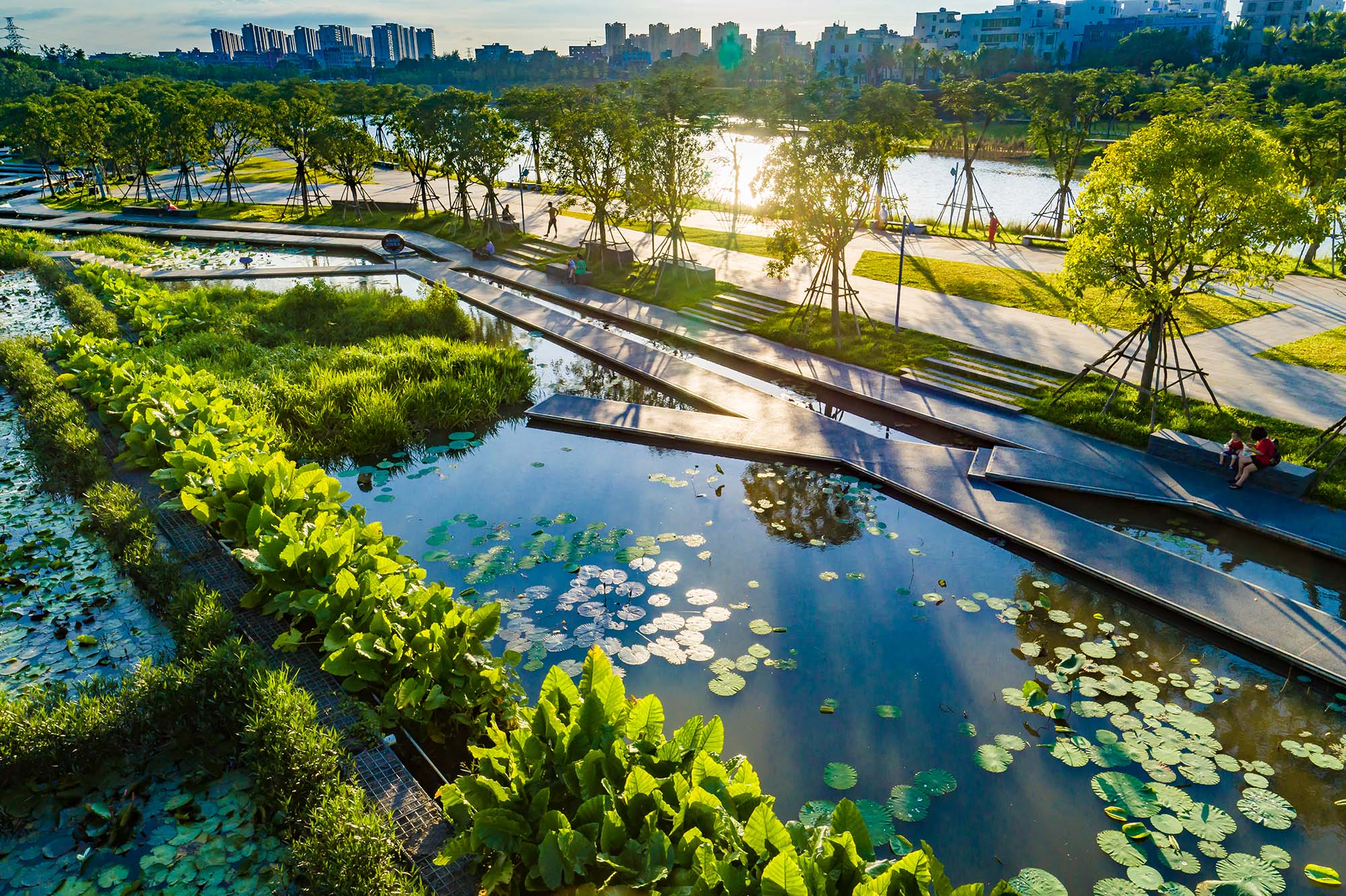
“Today, I’m excited,” writes Alexandra De Vylder, “because our urban areas are changing. It’s estimated that cities will be home to more than two-thirds of the world’s population by 2050, and municipalities worldwide are acknowledging that nature – wildness, in particular – is essential to human well-being. The result is remarkable urban rewilding projects happening across the world.”
4. Why the rewilding movement needs art
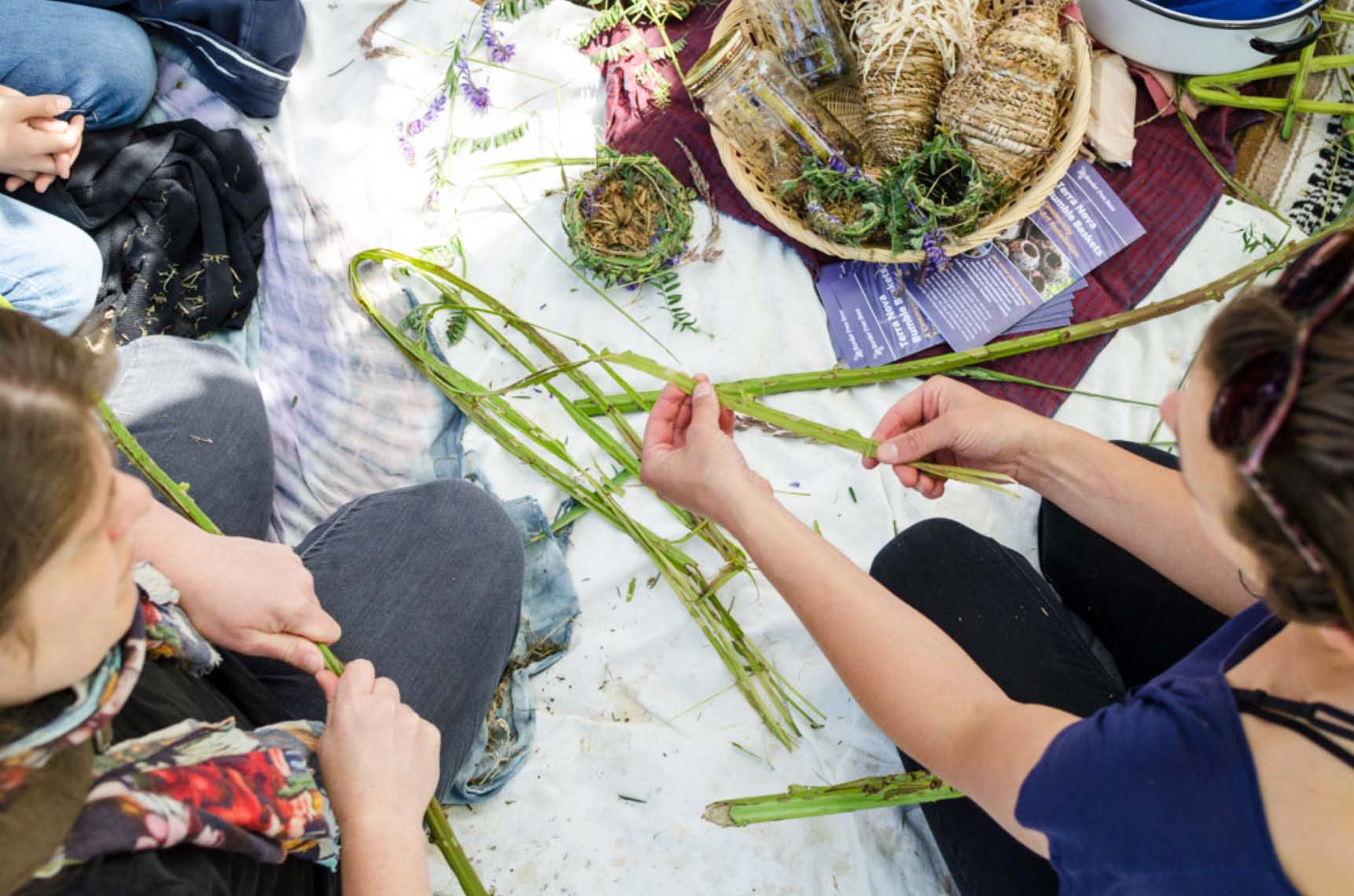
“Behaviorally informed messaging is so much more effective than the alternative,” Lazarovic says. “What does the person I’m trying to convince care about? What language and framing resonates with them? What is their visual vernacular? How can I make it fun and joyful and not a burdensome thing that adds to the list of chores already weighing upon them?”
3. The troubling truth about Ireland’s forests
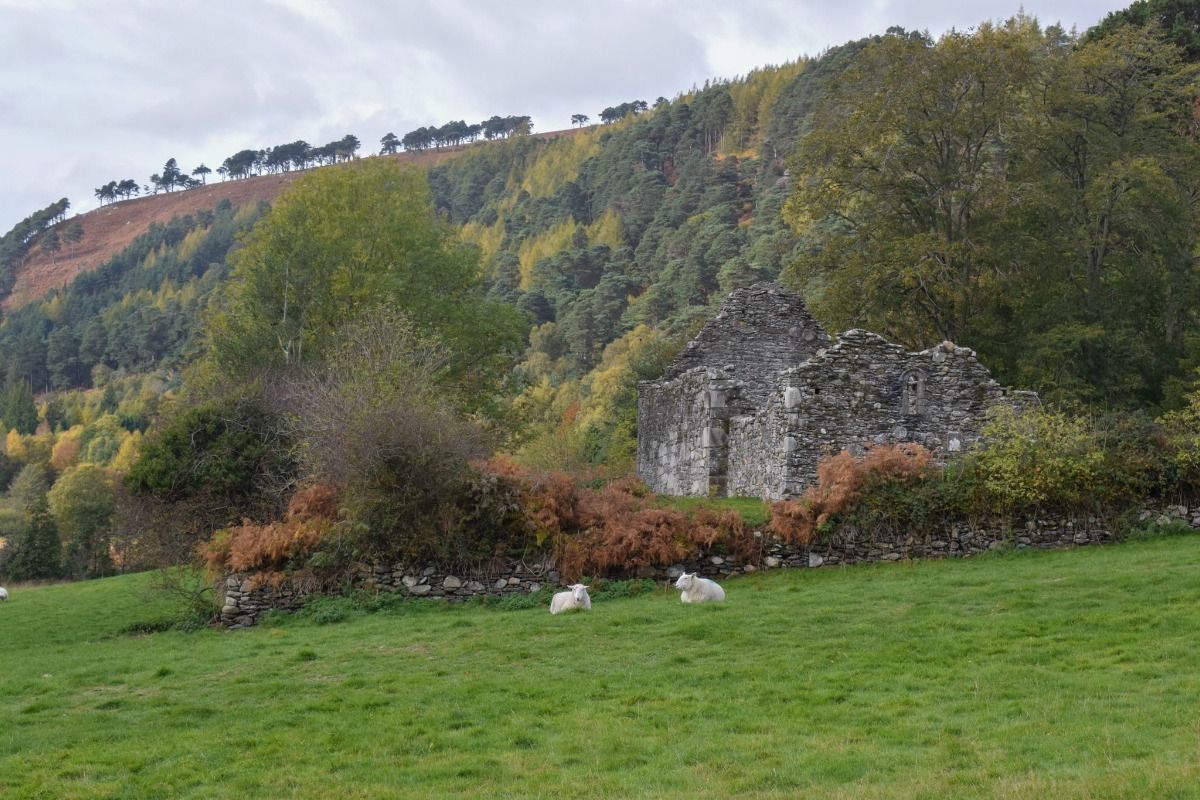
“Although planting and protecting forests is usually a great way of combating environmental degradation, in Ireland, the forestry industry has become devastating for the national biodiversity. The problem lies in what type of trees are being planted – and why.”
2. The best (and fastest) ways to replace your lawn with native plants
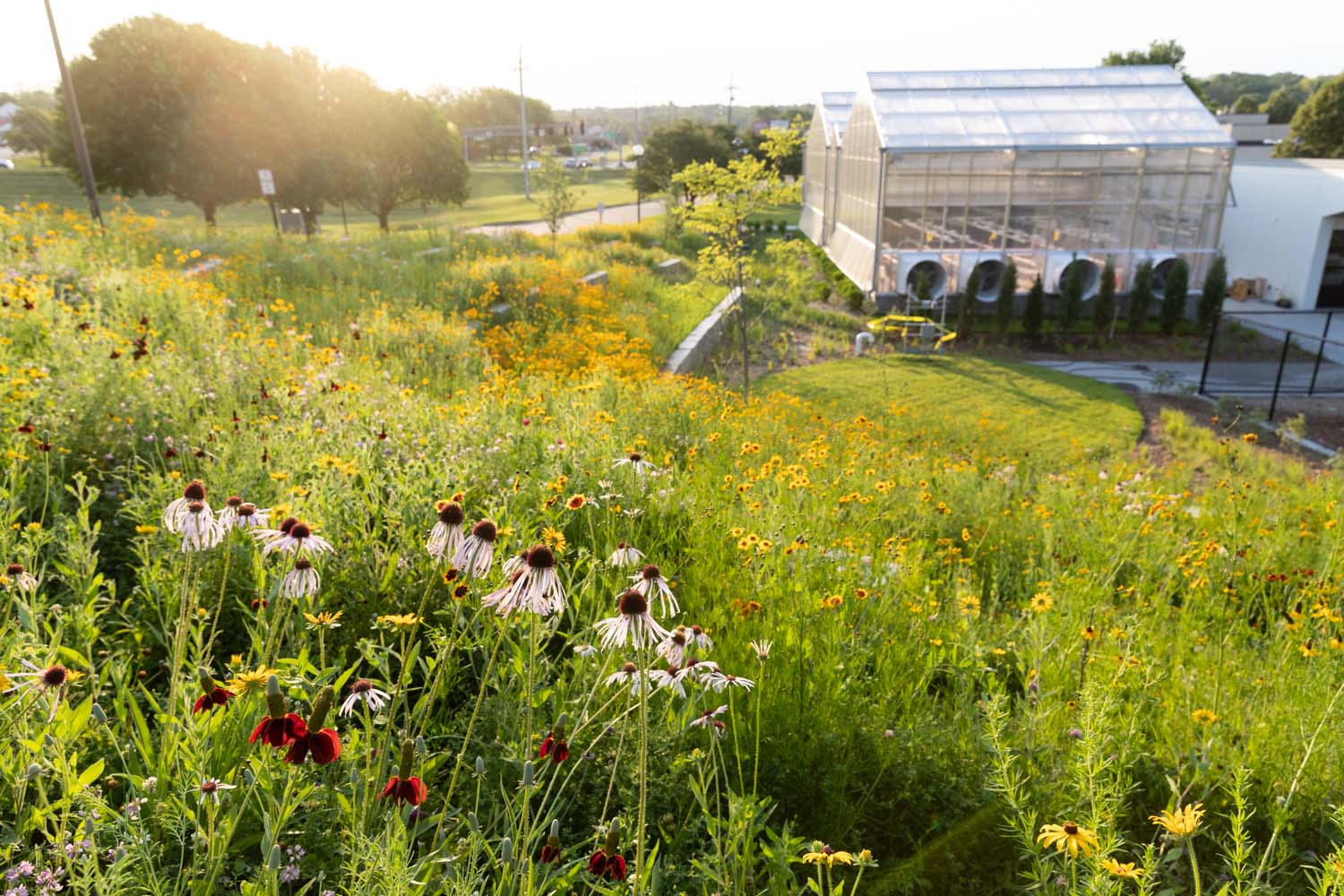
“I was thrilled with the increase in biodiversity, the reduction of mowing, and the sensory pleasure of native plants,” Tipton says. “Over time, I realized I wanted to remove my languishing front lawn completely.”
1. The surprising downside of #NoMowMay
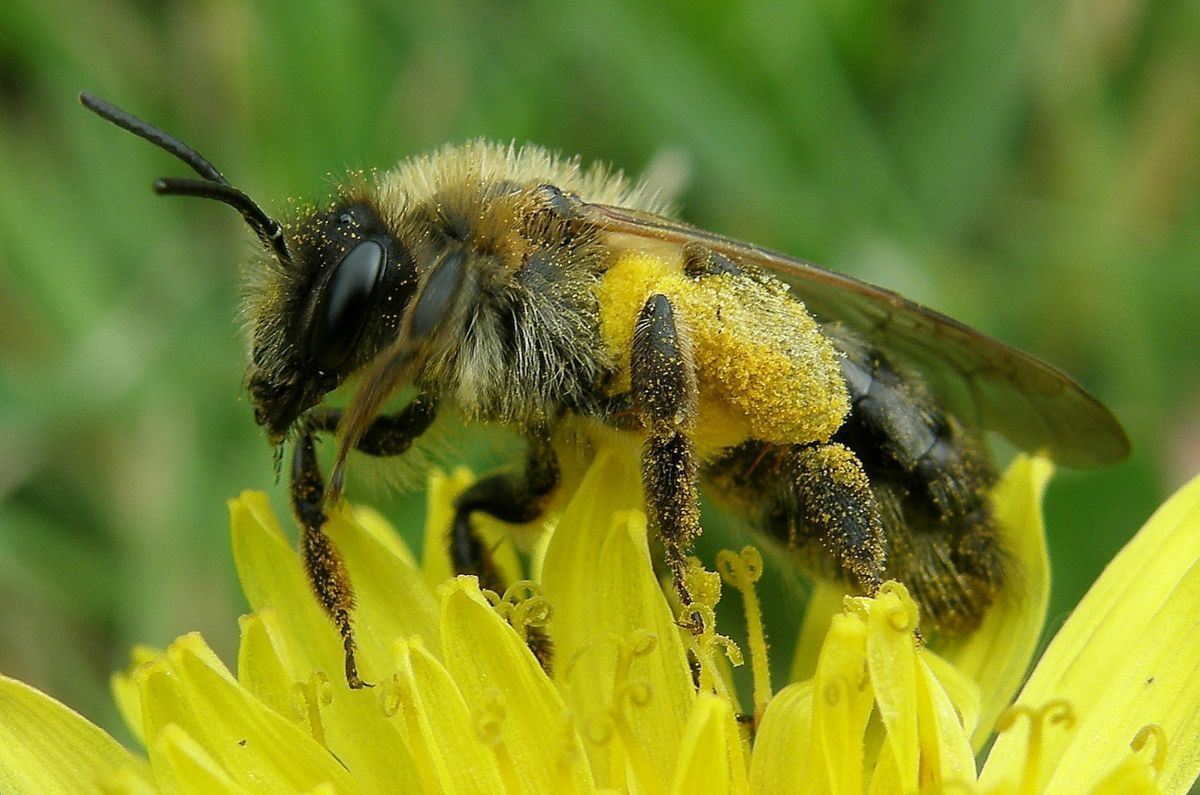
“Instead of encouraging #LazyLawns what we need to do, urgently, is to steward, tend and nurture landscapes for native biodiversity and ecological integrity. A month of long lawns filled with dandelions and other non-native weedy species just doesn’t cut it. It’s the ecological equivalent of opening a fast-food restaurant on every corner – for a short amount of time. At best, burgers and fries for a while, but not a sustained full-service menu of healthy nutrition and habitat for pollinators.”
Want more? Skip back to 2021:
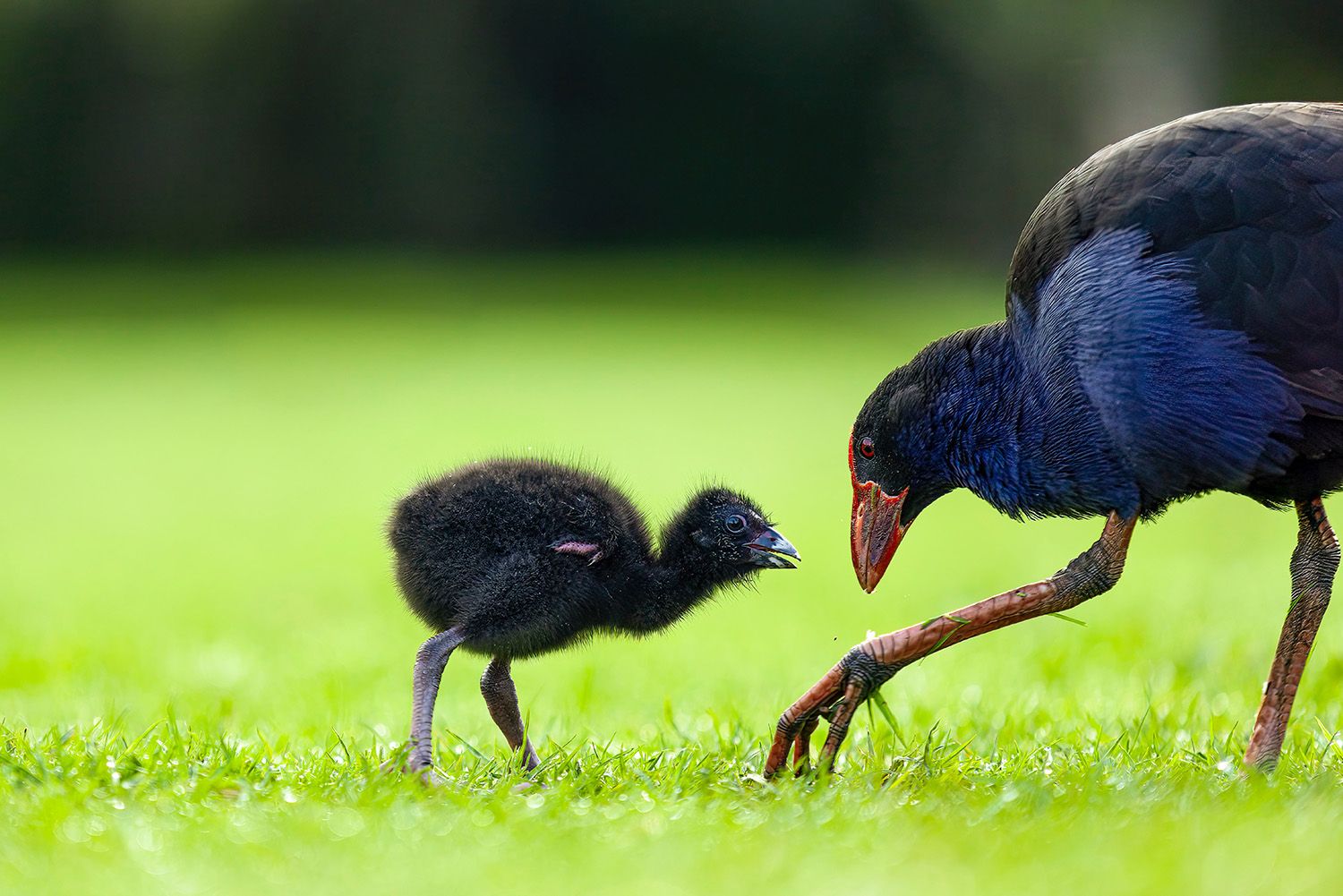





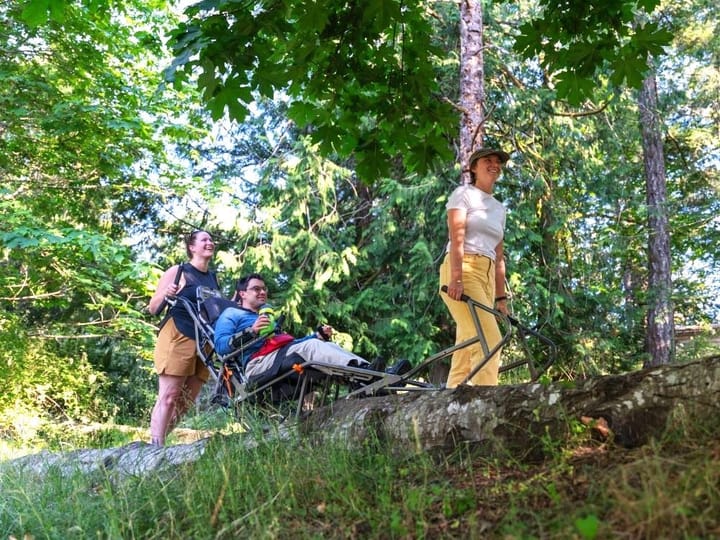

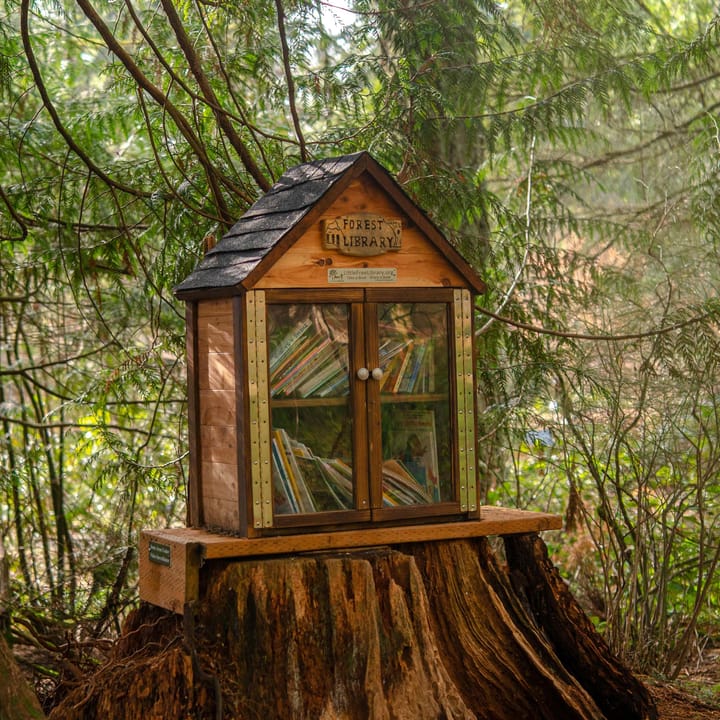
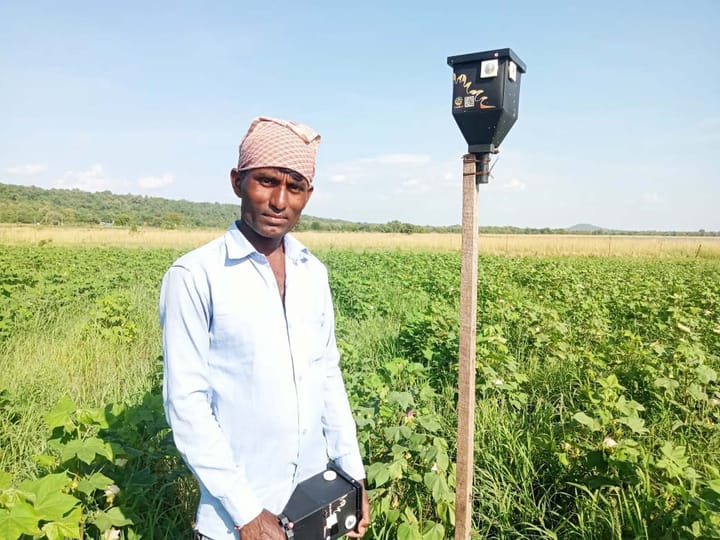
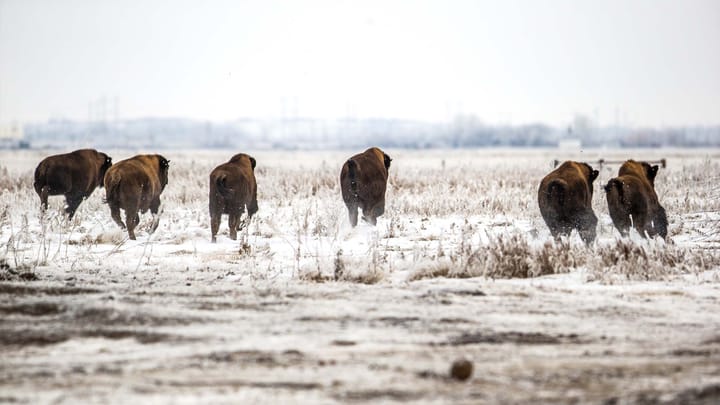
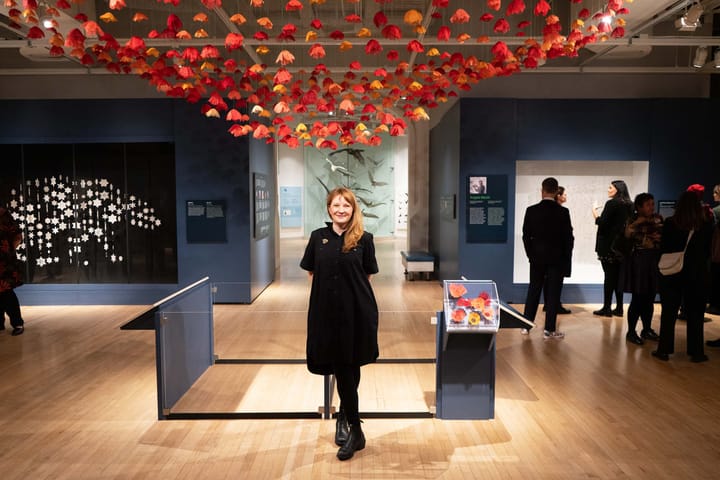


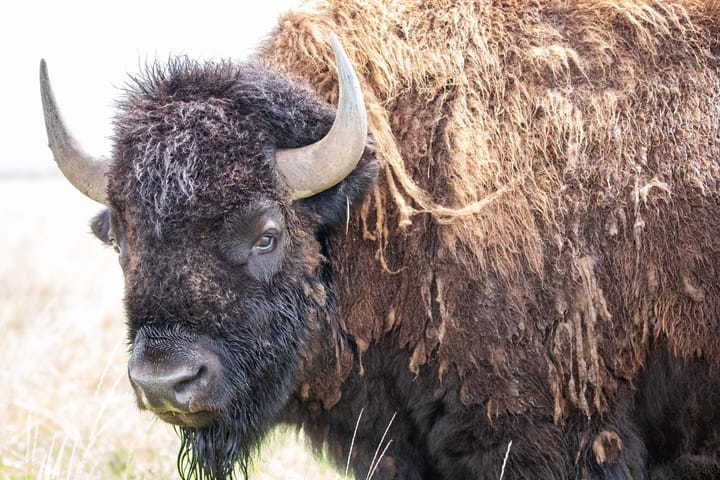
Comments ()